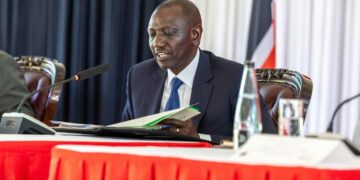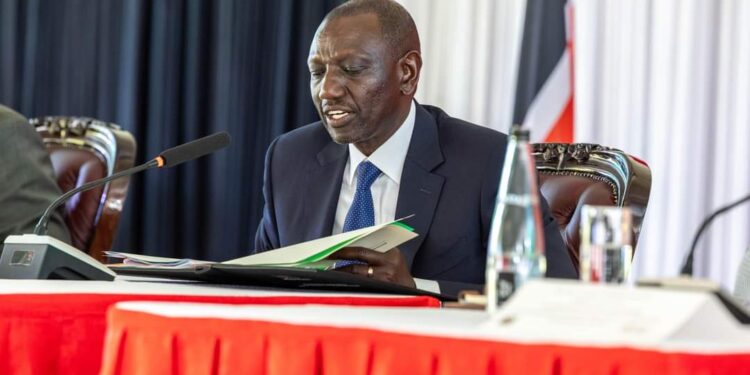By Ebi Kesiena
President William Ruto has declined to sign the 2024 Finance Bill.
According to sources from State House, the Bill will be sent back to Parliament before it breaks for recess on Wednesday.
The President has proposed a series of amendments to the Bill, which Members of Parliament (MPs) will need to consider. Parliament now faces the decision to either amend the Bill in light of the President’s reservations or pass it a second time without making any amendments.
In returning the Bill, President Ruto will highlight key areas that need to be altered. If MPs amend the Bill to fully accommodate the President’s reservations, the Speaker will then resubmit it to the President for assent. However, if the House decides to pass the Bill a second time without amendment, or with amendments that do not fully accommodate the President’s concerns, this must be supported by a two-thirds majority of the members.
Given that MPs are set to begin their recess today, lasting until July 23, the Speaker may have to recall Parliament if the President returns the document during this period.
Some of the tax proposals initially introduced in the Bill included a 16 percent VAT on bread, excise duty on vegetable oil, VAT on the transportation of sugar, a 2.5 percent motor vehicle tax, and an eco-levy on locally manufactured products. These proposals have since been dropped.
The Bill passed the committee of the whole house after these amendments were made. The committee of the whole house format allows for a detailed examination of each clause, ensuring thorough consideration before the Bill progresses to subsequent stages of legislative review.
Recall that Kenyans have been protesting over the finance bill that recommends tax hikes. As at Tuesday, the protest took a different turn that left parts of Parliament building to be set ablaze prompting President Ruto’s government to deploy the military.




































